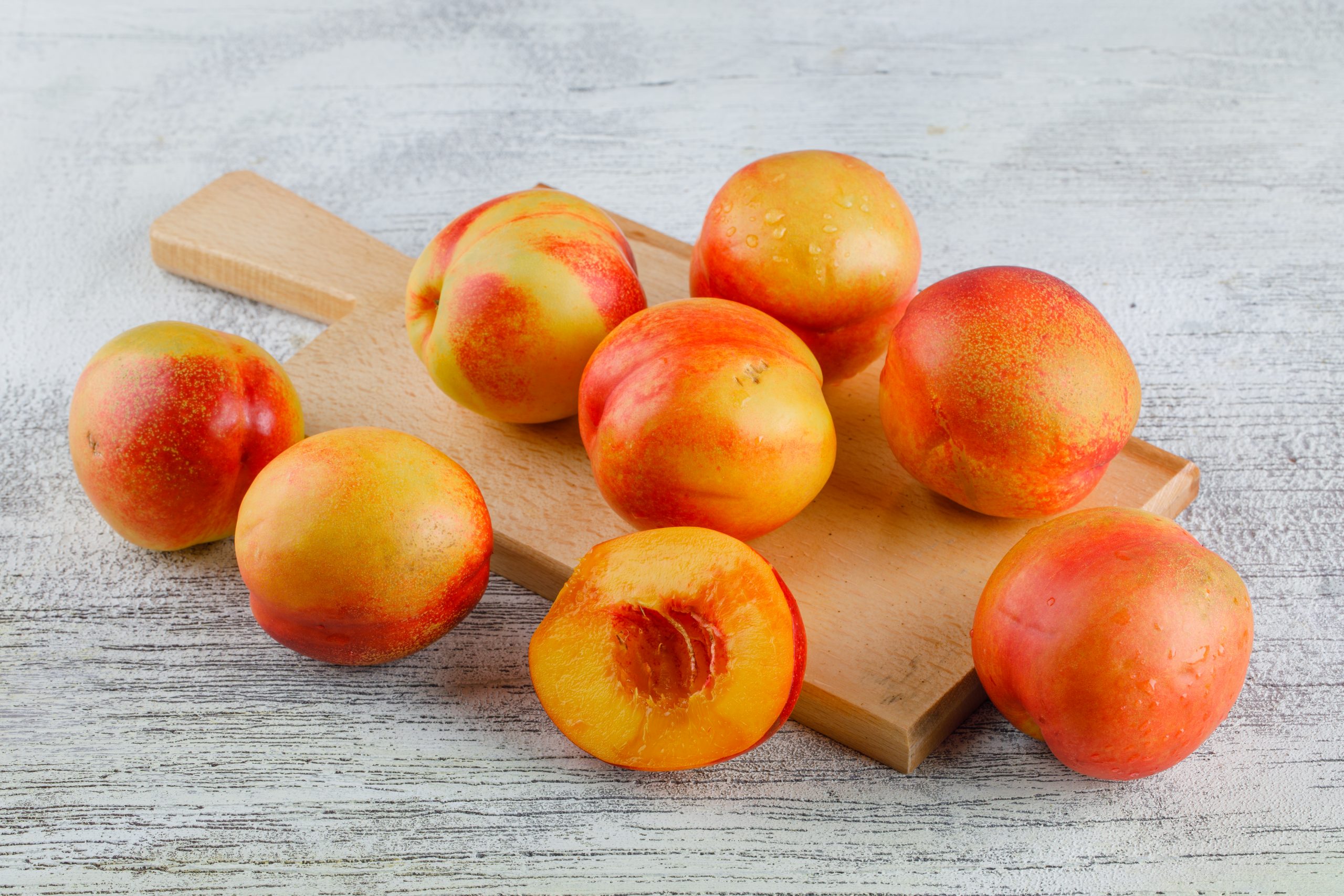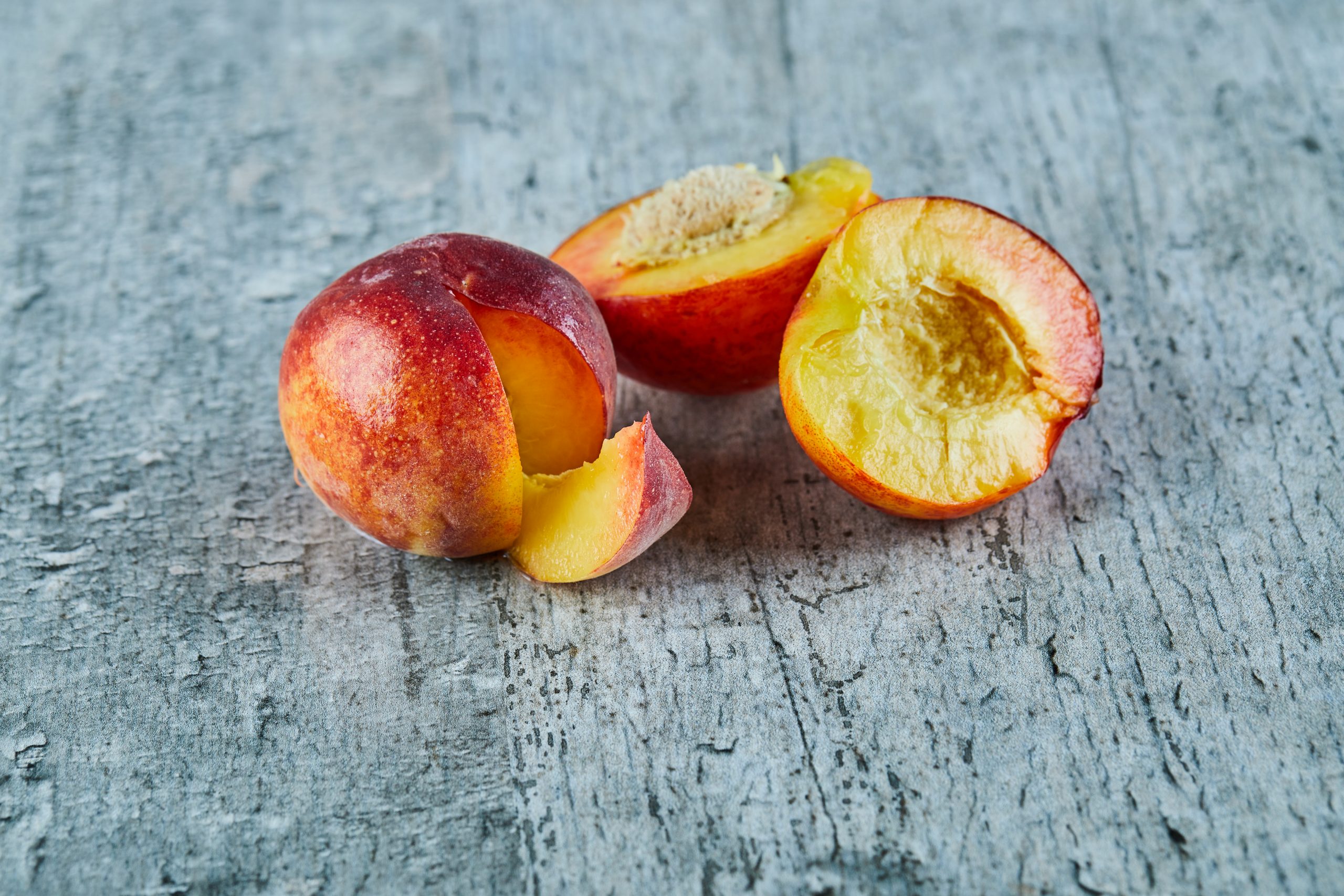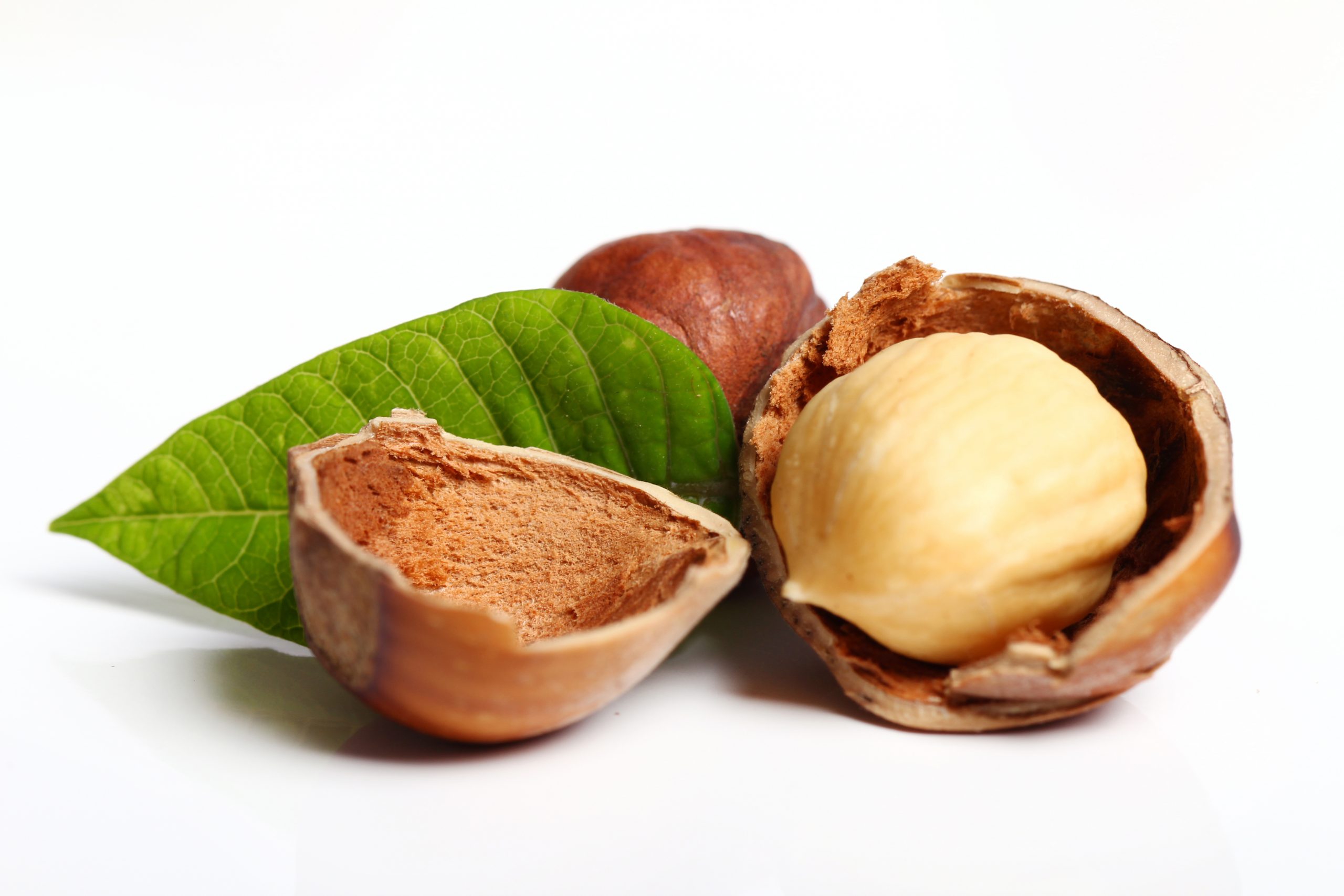A fundamental part of the European Green Deal is the Farm to Fork strategy (F2F). It has been published on May 2020 by the European Commission. F2F is a plan with the duration of 10 years, that engages the entire food chain, to render it more sustainable. This European initiative has the purpose of implementing the production of healthy, nourishing, and high-quality food, realized in the respect of nature and that contribute in realizing a circular economy from the production to consume.
All the 27 countries members of UE put effort in follow this strategy by adopting norms at national level, which consent to contribute and to reach stable goals.
Farm to fork is focused on the acceleration and the transition towards a sustainable food system with the purpose of:
- Having a neutral or positive environmental impact;
- To contribute the mitigate the climate change and adapt to its impacts;
- To invert the loss of biodiversity;
- To guarantee the food safety, the nourishing, and public health, by ensuring that everyone has access to a good amount of safe, nutrient, and sustainable food;
- To preserve the accessibility of food products guaranteeing at the same time economic refunds more equal, promoting the competitiveness of the sector and promoting equal commerce;
- To favour a sustainable food chain from the beginning to the end;
- To reduce food waste;
- To contrast the food frauds among the food chain.
We must reproject our food systems, as today they represent almost a third of the global greenhouse gas emissions. These consume big amounts of natural resources, provoke the loss of biodiversity a negative impact on the health, due to sub and over nourishing, and not consent equal economical refunds and tools for all the individuals, particularly for the primary producers.
New technologies and scientific discoveries, united to the increasing public awareness and to the demand of sustainable food, will benefit all the interested parts.
Thanks to the Farm to Fork strategy, new opportunities become real for the workers of the agri-food domain. The transition is proposed with the goal of ensure working conditions and a good lifestyle to farmers and fishermen.


